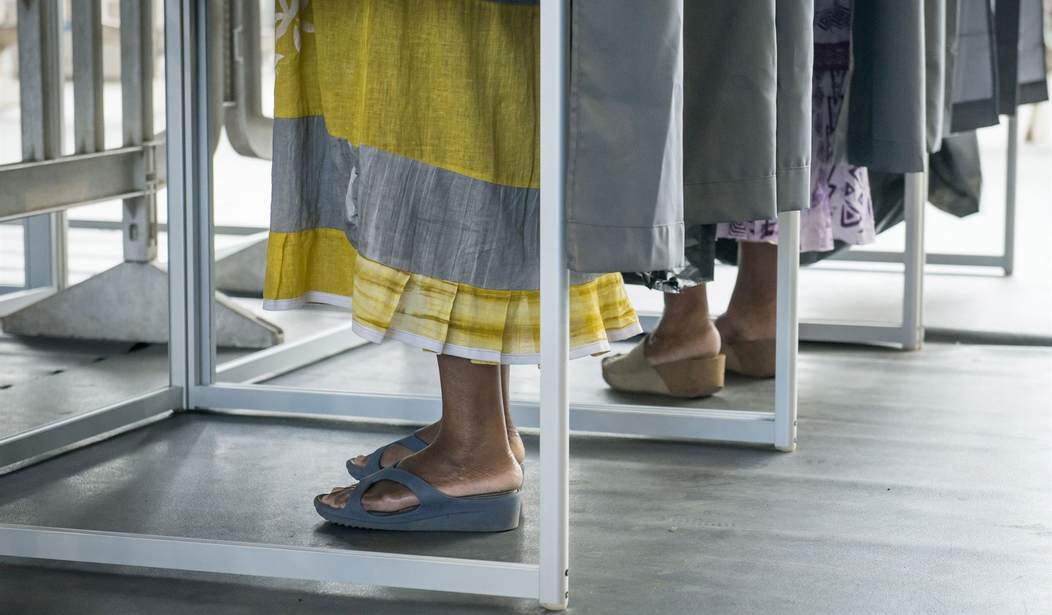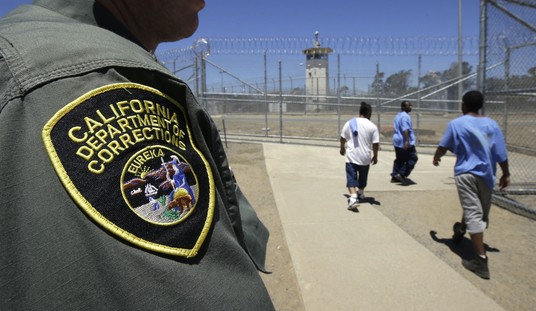The day before the election, Michelle Goldberg wrote a column for the NY Times titled "We’ve Been Underestimating the Scale of Women’s Fury." The gist of it was that the Ann Selzer poll of Iowa was a leading indicator that Trump and his macho campaign for president was about to get wiped out by a tide of angry progressive women who wanted their abortions back.
All day, political nerds had been waiting for the results of J. Ann Selzer’s famously accurate poll of Iowa. The state hasn’t been swingy in a long time, but the Selzer poll, conducted for The Des Moines Register, can offer clues about broader trends in the electorate. In 2016, when many Democrats were feeling complacent about a Hillary Clinton victory, her survey showing Donald Trump leading by seven points in Iowa was an early indication of his underestimated strength in the Midwest. (He ended up winning Iowa by more than nine points.) In 2020, her poll again showed Trump ahead by seven points, which was both close to the final tally and, in retrospect, a sign that Joe Biden’s margins in neighboring states like Wisconsin would be much thinner than other polls were indicating.
So many of us were anxious to see how big Trump’s lead would be this time, and the fact that Selzer instead found him losing came as a shock. The poll may easily turn out to be wrong; Selzer’s record is as good as anyone’s in the business, but it’s not perfect. Should Kamala Harris win this election, though, the poll will be part of the story of her victory. The reason for Selzer’s anomalous finding is simple: women. If it’s anywhere near accurate, it suggests that conventional political wisdom has been seriously underrating the scale of women’s fury over abortion bans and their revulsion at Trump’s cartoonishly macho campaign.
Selzer’s poll shows independent women backing Harris by 28 points, and women 65 and older backing her by 2-1. Speaking to Tim Miller of The Bulwark, Selzer speculated about what might have driven these numbers. “It was over the summer that Iowa’s six-week ban on abortion went into effect after all the court challenges were taken care of,” she said. Now, she said, people have been “living with it for a while.”
It was a nice daydream but as we all now know, Trump won Iowa by 13 percentage points, 56-43. Ann Selzer was off by 16 and there was no underestimated fury of women. In fact, nearly half of American women voted for him, 45% according to this story. (The AP reported that Trump won 46% percent of women, up from 43% in 2020.) This is still shocking to many progressives (Michelle Goldberg among them).
One voter from Maine, interviewed after Mr. Trump declared victory, offered a takeaway shared by many. As she put it, “The sisterhood did not stand up.”...
They now find themselves in a country where Mr. Trump won decisively with a campaign that pitted men against women, sitting down with podcasters who trade in sexism and choosing a running mate who had criticized single women as “childless cat ladies.” Mr. Trump took credit for appointing the Supreme Court justices who overturned the constitutional right to abortion but appeared to pay little price at the polls...
But women themselves clearly were divided in the election. Exit polls show that 45 percent of female voters cast ballots for Mr. Trump, and far more white women voted for Mr. Trump than Black women. The compounding rejection of first Hillary Clinton then Ms. Harris has exposed an uncomfortable but steady undercurrent of American society: Women do not necessarily agree on what counts as progress or a setback.
I swear this almost reads like a parody. Is it really breaking news that some women aren't progressives? Apparently it is at the NY Times.
In the days since the election, it seems as though womanhood itself has fractured. Plans have yet to emerge for a large show of togetherness like the pussy hat rally in Washington after Mr. Trump’s first election in 2016.
That's not true. As I pointed out here, the left is already organizing a "People's March on Washington" for Jan. 18, two days before Trump's inauguration. The Women's March is helping to organize that effort. Why isn't the Women's March running an event just for women on that date? My guess is that they are worried they can't bring out enough people on their own so they are combining forces with other like-minded groups. But you can bet the pussy hats will be back in just a couple months. Meanwhile, the fact remains that the celebrities and the ads trying to rally the sisterhood for Kamala Harris just didn't work.
The idea of harnessing a voting bloc of women was shattered in this election, despite appeals from Michelle Obama, the former first lady who, voice nearly trembling at an October rally for Ms. Harris, called Mr. Trump an existential threat to women’s rights and told men that a vote for him “is a vote against us.” The actress Julia Roberts in an ad for Ms. Harris appealed to female solidarity, reminding wives that their husbands would not know whom they voted for in the privacy of the voting booth.
“Did those ads work? They clearly didn’t,” said Elizabeth McRae, a history professor at Western Carolina University. “There is a long history of conservative white women moving politics to the right, and it’s not because their husbands told them to.”
Give them some points for acknowledging that conservative women have agency too. There was more on the ballot than this one issue. Women were also concerned about inflation, immigration and some of the woke extremism coming from the Democratic Party. Assuming that all women would vote in lockstep because of abortion is the kind of essentialist identity politics which a lot of actual women were happy to reject this election.







Join the conversation as a VIP Member